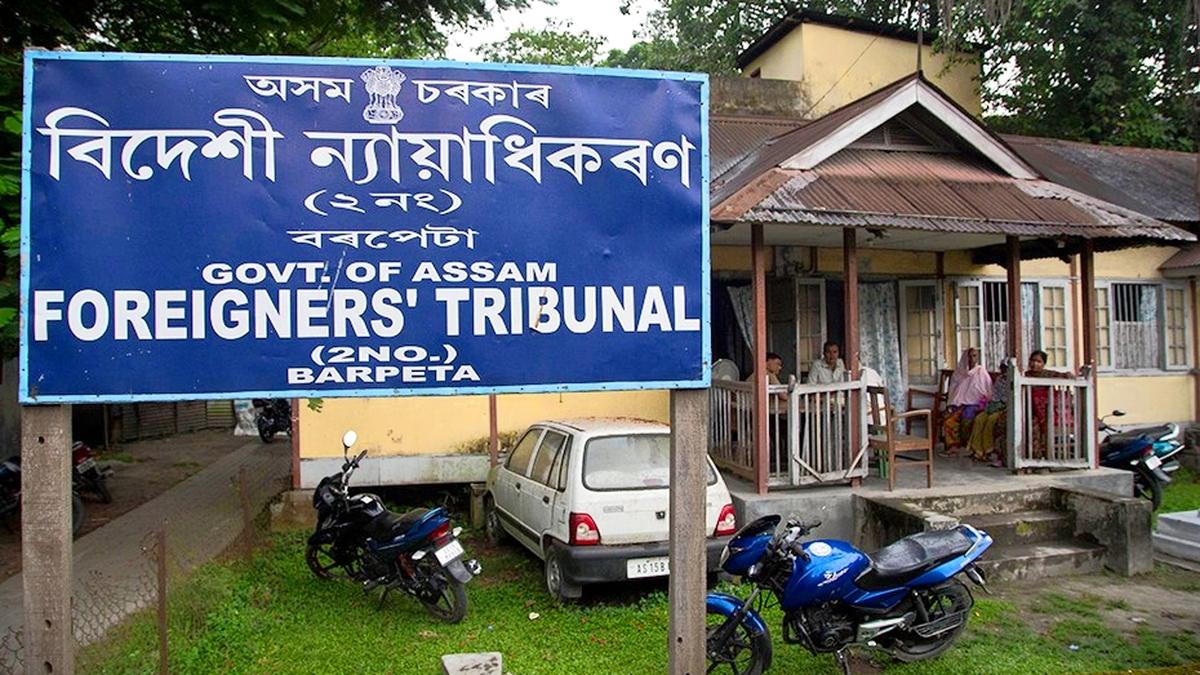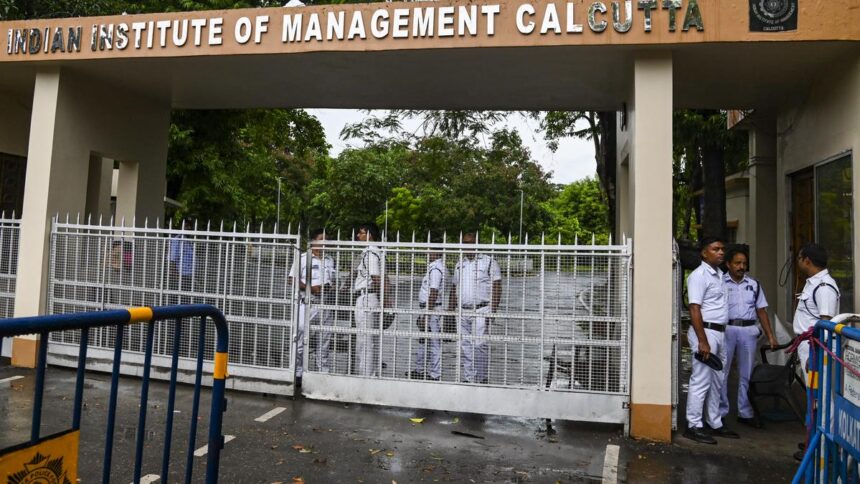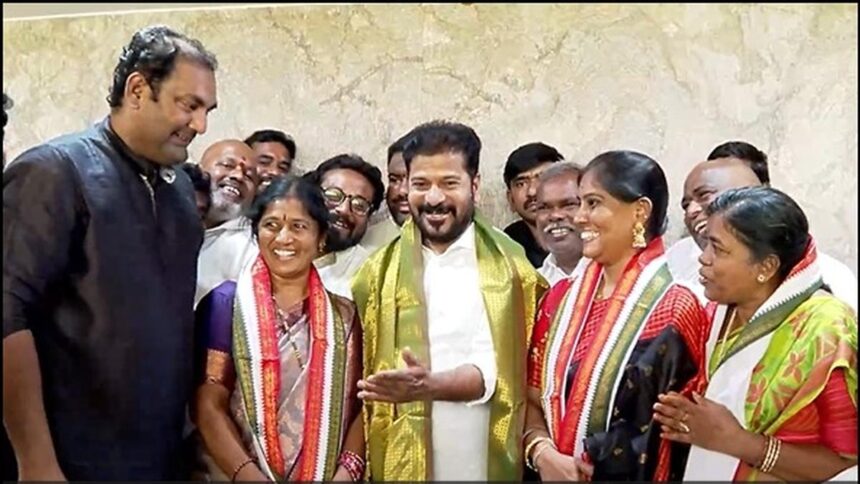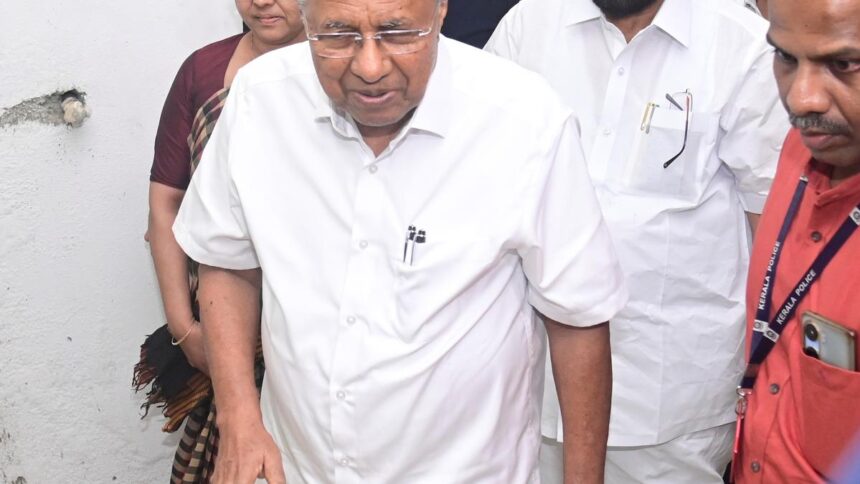The quasi-judicial Foreigners’ Tribunals (FTs) in Assam have become routine instruments of exclusion by disregarding due process and constitutional safeguards, a comprehensive study of these tribunals and the broader legal crisis of India’s citizenship adjudication has found.
The report by the Bengaluru-based National Law School of India University (NLSIU) and the Queen Mary University of London, to be formally released on Sunday (July 27, 2025), called for an urgent, fundamental rethinking of the legal structures governing citizenship in India given the possibility of an Assam-like exercise to update the National Register of Citizens (NRC) across the country.
Titled ‘Unmaking Citizens: The Architecture of Rights Violations and Exclusion in India’s Citizenship Trials’, the report has been authored by Mohsin Alam Bhat of Queen Mary University, Arushi Gupta, and Shardul Gopujkar, with the support of researchers and law students from the NLSIU, and members of Parichay Legal Aid Clinic.
“As of 2025, Assam’s tribunals have declared nearly 166,000 people as ‘foreigners’. In addition to more than 85,000 pending cases, these tribunals may also soon hear more than a million appeals from those excluded from the NRC,” Mr. Bhat said.
The report analyses more than 1,200 Gauhati High Court orders, key Supreme Court judgments, and extensive interviews with lawyers and litigants. It documents “widespread arbitrariness in decision-making, including the wholesale rejection of documentary and oral evidence, and the absence of legal norms to protect individuals from wrongful targeting”.
“Citizenship adjudication engages constitutionally significant questions with profound consequences, including the risk of statelessness. Such determinations require bodies that are legally constituted, independent, impartial, and composed of competent legal officers,” the study summarises in a chapter on “institutionalised arbitrariness”.
The report argued that the FT system fails on all these counts. “It lacks a secure legal foundation, is vulnerable to executive interference, and is staffed by inadequately qualified adjudicators. It thus stands in stark violation of the rule of law and the right to an effective remedy under both domestic and international law,” it said, adding that the FTs have become routine instruments of exclusion and violate the right to a fair trial.
‘Lowering standards’
Assam currently has 100 FTs, each headed by a judge-like member, which were formed after the Supreme Court scrapped the controversial Illegal Migrants (Determination by Tribunals) Act of 1983 in 2005. Of these 100 tribunals, 36 are permanent and 54 require periodic extension of terms from the Ministry of Home Affairs.
The study further highlights that the appointment process for FT members is opaque, with no guaranteed tenure. Advertisements by the Gauhati High Court and notifications from the Assam Government’s Political Department specify terms of one or two years, varying by executive whim, and extendable at the State’s discretion, it says.
“This tenure is governed by no legislation or by-laws and depends entirely on executive whim, despite being an essential legislative function. Moreover, it is violative of the Supreme Court’s judgments holding that a tenure of less than 5 years threatens to compromise the quality of adjudication by tribunals,” it said.
“The qualifications for FT members have progressively weakened. In 2011, only retired judicial officers from the Assam Judicial Service, experienced in procedural law, were eligible. They could serve until age 67, with salaries based on last drawn pay plus allowances. This ensured appointments of individuals with judicial expertise. By 2015, eligibility expanded to include advocates with at least 10 years of practice, lowering the standard,” the report said.
Appointments became two-year contracts with fixed monthly pay, enabling lawyers without judicial experience to decide critical citizenship matters. The 2019 revisions diluted requirements further; minimum practice dropped to seven years, minimum age to 35, and appointments became more flexible, allowing less experienced candidates to adjudicate complex citizenship issues, thereby compromising the quality of justice,” it stated.
A Gauhati High Court notification added criteria of “fair knowledge of the official language of Assam” and “Assam’s historical background giving rise to foreigners’ issues.” Yet, no requirement exists for expertise in immigration or citizenship law, the report pointed out.
The authors noted with concern that citizenship determination under the FTs has remained unchanged even after Parliament enacted the Immigration and Foreigners Act of 2025.
“The stakes for legal violations have become unprecedented, with the prospects of a nationwide NRC exercise and the recent spree of ‘pushback’ deportations in Assam,” they said, calling for an overhaul of the legal structures governing citizenship in India.
Published – July 27, 2025 01:20 am IST






















